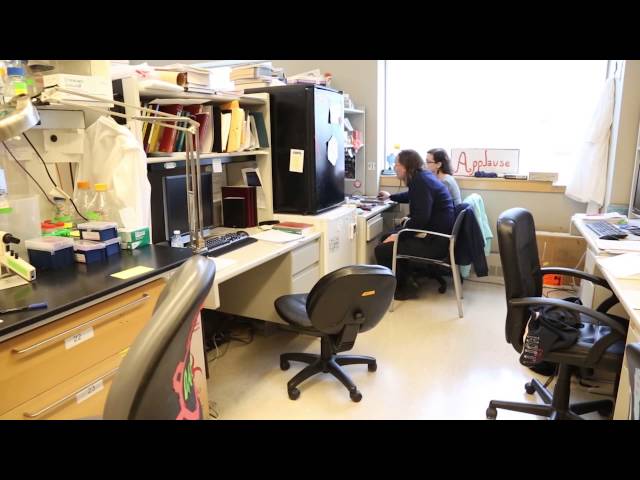Background
Dr. Seth Blackshaw is a professor of neuroscience, neurology and ophthalmology at the Johns Hopkins University School of Medicine. Additionally, he serves as an investigator in both the High Throughput Biology Center and the Institute for Cell Engineering at Johns Hopkins.
His work examines the molecular basis of neuronal and glial cell fate specification and survival. His research focuses on characterizing the network of genes that control specification of different cell types within the retina and hypothalamus, two structures that arise from the embryonic forebrain. The ultimate goal is to use insights gained from learning how individual cell types are specified to understand how these cells contribute to the regulation of behavior, and how they can be replaced in neurodegenerative disease.
Dr. Blackshaw received a B.A. in biology and an M.S. in biochemistry from the University of Chicago in 1991. He completed his Ph.D. in neurosciences at Johns Hopkins in 1997 and subsequently conducted postdoctoral work in genetics at the Harvard University Medical School. He joined the Hopkins faculty in 2004.
Dr. Blackshaw has authored or co-authored more than 190 peer-reviewed publications and holds several patents and copyrights. His work has garnered numerous grants and awards, including the W. M. Keck Foundation Distinguished Young Scholar in Medical Research Award, the Klingenstein Fellowship, the Basil O’Connor Starter Scholar Award, the Ruth and Milton Steinbach Fund Award for Research in Macular Degeneration, and the Stein Innovation Award from Research to Prevent Blindness. He is a member of the Society for Developmental Biology and the Society for Neuroscience, and serves on the editorial boards of Biomolecules and Frontiers of Systems Biology.



Patient Ratings & Comments
The Patient Rating score is an average of all responses to physician related questions on the national CG-CAHPS Medical Practice patient experience survey through Press Ganey. Responses are measured on a scale of 1 to 5, with 5 being the best score. Comments are also gathered from our CG-CAHPS Medical Practice Survey through Press Ganey and displayed in their entirety. Patients are de-identified for confidentiality and patient privacy.